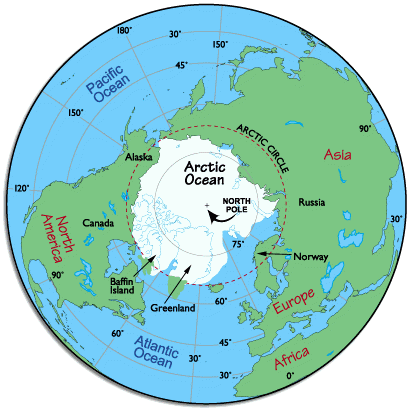
Practical information
Lunch debate with Lassi Heininen, University lecturer and Adjunct Professor at the faculty of Social Sciences, University of Lapland, Finland.
Dr. Lassi Heininen presented during his study “Arctic Strategies and Policies. Inventory and Comparative Study” during the lunch debate at Ifri Brussels.
He highlighted the main challenges for the Arctic region (sovereignty and national security, energy resources, climate change and transportation, among other issues) and made an overview of the priorities of each of the eight Arctic States: Canada, the Kingdom of Denmark, Finland, Iceland, Norway, Russia, Sweden and the United States, and also, the European Union.
In his opinion, the Arctic is a peaceful and stable region which could become a model for international cooperation, despite increasing talks of a race for natural resources in the region. He said that we have to consider the Arctic as a new region with challenges, not as the scenario for a new cold war.
He added that the Arctic is affected by globalized with issues such as energy security and increasingly interested actors, such as China and South Korea. Yet, the Arctic countries have yet to appreciate those emerging aspects.




